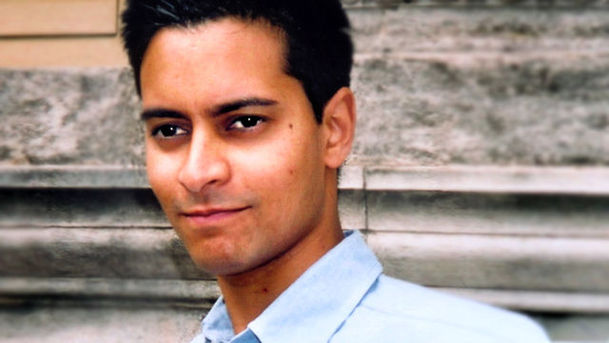Night Waves - Elections and the Visual Arts, David Greig, Climate Change, Fred Halliday

Rana Mitter finds out what happens when elections meet the visual arts. William Hogarth's An Election Entertainment is the first in a series of four paintings, and later prints, inspired by the notorious Oxfordshire contest in the General Election of 1754. The Oxfordshire seats had been held, uncontested, by the Tories, since 1710. In 1752 the Whigs, who already held a large majority in Parliament, decided to contest the Oxfordshire seats and this heralded a two-year campaign characterised by unprecedented levels of bribery and corruption. The cultural historian Judith Hawley talks to Rana about why this painting has been such an inspiration to artists seeking to represent the electoral process. Playwright David Greig won plaudits earlier this year for his sequel to Macbeth and now he's taken on Peter Pan. He'll be talking to Rana about moving the setting to Victorian Edinburgh to break it away from the Edwardian world of Kensington Gardens. Greig says he sees Peter Pan as a dangerous figure and imagined how the story would look today - like a feral boy leading a pack of youths. Rana will be exploring how the controversy around climate change is currently stirring debate among historians. Mark Levene has edited a new book provocatively entitled History at the End of the World. He challenges historians, like Penelope Corfield, to include climate change in their accounts of the industrial revolution and other world events and proposes that it should now be the primary lens through which we view history. So does this really mark a shift in our view of history or is just a passing fashion? And following the death of Fred Halliday, Denis MacShane, Lord Desai and Mai Yamani discuss his importance in the field of International Relations.